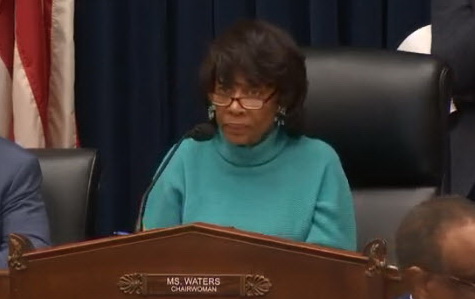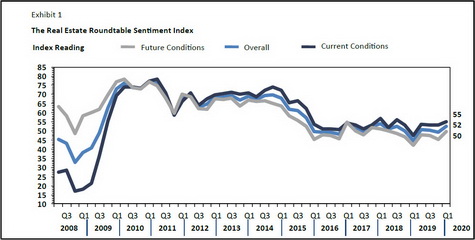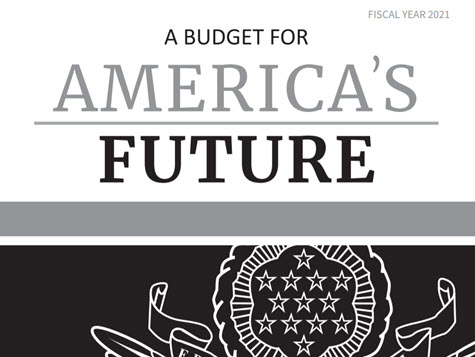
The United States House of Representatives on Monday passed the bipartisan Yes in My Backyard (YIMBY) Act (H.R. 4351) on a voice vote, following last week’s unanimous approval by the House Financial Services Committee. (Roundtable Weekly, Feb. 28, 2020)
- Sponsored by Reps. Denny Heck (D-WA) and Trey Hollingsworth (R-IN), the YIMBY Act avoids a mandate from Congress to compel cities and towns to enact certain land use laws. Municipalities that receive HUD’s Community Development Block Grants (CDBG) would be discouraged from limiting housing supplies through reporting on and disclosing their land use and zoning policies that inhibit high density land uses.
- The YIMBY Act would direct a community receiving federal CDBG money to consider, track, and report on implementation of over 20 pro-housing strategies, such as:
- Enacting high-density zoning, and expanding by-right multifamily zoned areas;
- Allowing manufactured homes and accessory dwelling units on single-family lots;
- Reducing minimum lot sizes;
- Increasing allowable floor area ratios for multifamily projects;
- Providing property tax abatements to existing home owners to garner support for high development densities in their communities; and
- Ensuring that impact fees paid by developers accurately reflect infrastructure needs generated by new units.
- “Sunlight is the best disinfectant and we need to identify and reduce barriers to housing construction at the local level,” Heck said following the House vote. “I am proud that Congress is taking a critical first step towards bringing relief to cost-burdened renters and homeowners across America.” (Heck press release, March 2.)
- “We want more affordable homes for American families,” Hollinsgworth said on Monday. The YIMBY Act’s unanimous approval “signals strong support across the aisle to reform our nation’s housing regulations at all levels of government.” (Hollingsworth Press Release, March 2)
- The Roundtable joined Feb. 24 and March 2 coalition letters signed by real estate, “smart growth” and subsidized housing advocates, in a show of wide stakeholder support for the YIMBY Act.
- The Roundtable also urged support for the YIMBY Act in comments filed with HUD in January. (Roundtable Weekly, Jan. 17, 2020). Companion legislation is pending in the Senate (S. 1919), sponsored by Todd Young (R-IN) and Brian Schatz (D-HI). The bill also reflects the goals of President Trump’s Executive Order for “Eliminating Regulatory Barriers to Affordable Housing.” (Roundtable Weekly, June 28, 2019)
- Speaking at the 2020 Pension Real Estate Association Spring Conference this week Roundtable President and CEO Jeffrey D. DeBoer, said: “The Roundtable has long recognized that safe, decent, and affordable housing is essential to the well-being of America’s families, communities and businesses. The YIMBY Act is a positive first step in eliminating discriminatory land use polices and removing barriers that prevent much needed affordable housing from being built throughout the country.”
The Roundtable and coalition partners will continue to urge lawmakers to make progress on the YIMBY Act in the Senate and similar legislation that eases burdensome rules that inhibit affordable housing development.
# # #








